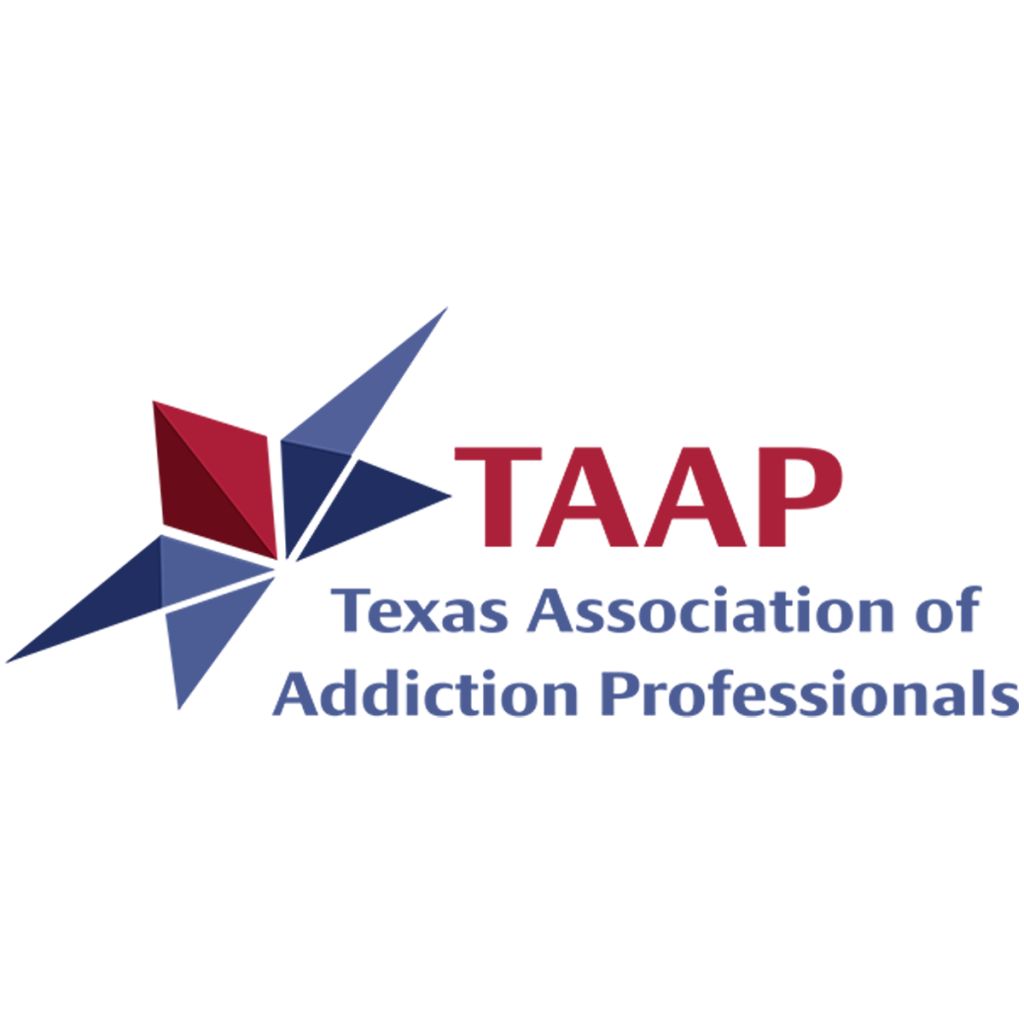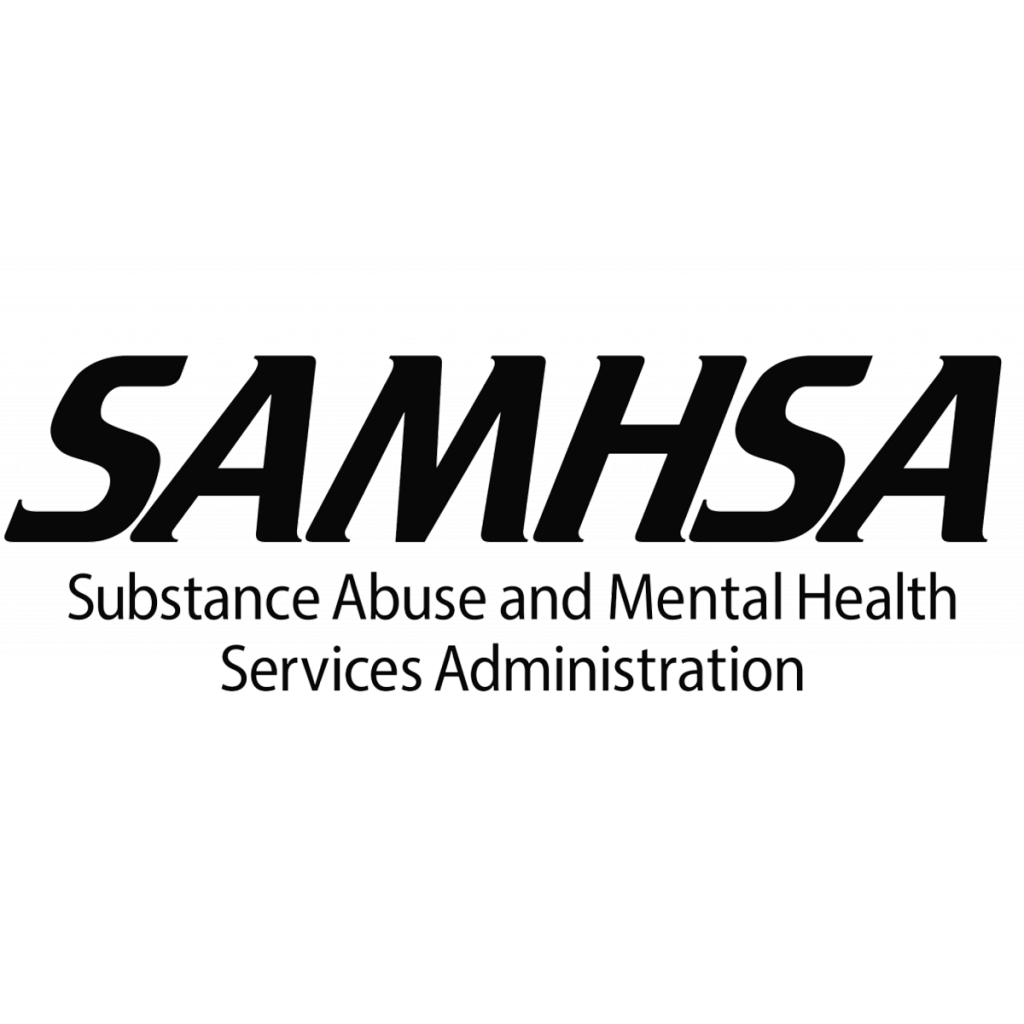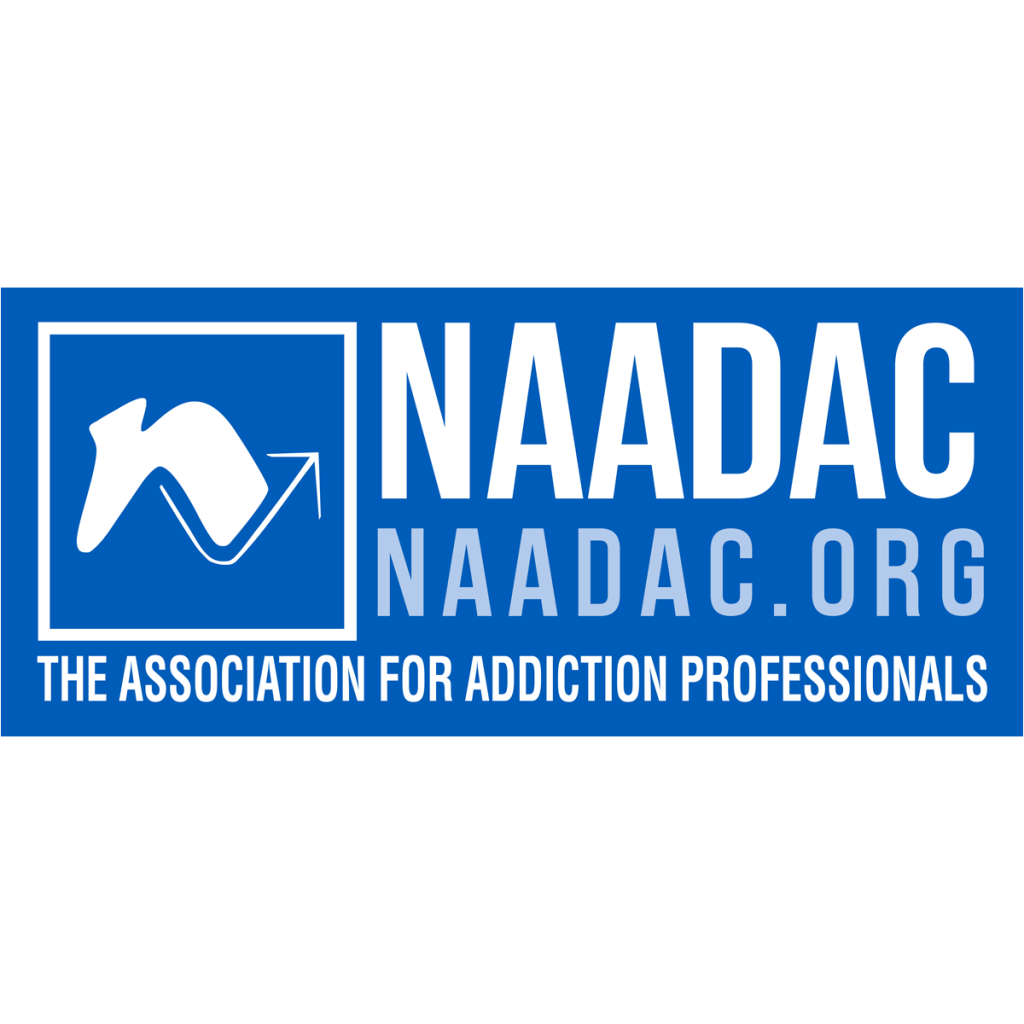Table of Contents
Does FMLA Cover Alcohol Rehab
Many factors keep people from getting the substance abuse treatment that they need. For some, it may be a lack of childcare that poses a problem. For others, it may be a fear of judgment or rejection by their family. For many people, the fear of losing their job often influences the choice to go to a drug and alcohol rehab center.
Luckily, there are federal laws that protect employees from discrimination for choosing to address their substance abuse problems. The Family and Medical Leave Act (FMLA) constitutes a key federal provision within employment law.
If you are looking for substance abuse treatment for yourself or someone you value, it’s important to know your rights. You should also understand the laws that protect your job.
This article gives a clear overview of the Family and Medical Leave Act (FMLA) for alcohol rehab. It also answers common questions about how it works. This way, you can join our drug rehab center without worrying about losing your job.
What is the Family and Medical Leave Act (FMLA)?
The government passed the Family and Medical Leave Act (FMLA) in January of 1993, and President Clinton signed it. The FMLA provides eligible employees with up to 12 weeks of short term unpaid, job-protected leave per year. The company must also maintain the employee’s health benefits during these 12 weeks.
Under the FMLA, you can occupy up to 12 weeks of unpaid leave in a 12-month period. This relies on certain eligibility requirements.
- To care for a spouse, child, or parent who has a serious medical condition
- For the birth of a child and to take care of the newborn child within the first year of birth
- For the placement of a foster child and to take care of the child during the first year of placement into your family
- For a serious health condition that impacts your ability to perform the basic functions and tasks of your position
- Any qualifying demand happens because a spouse, child, or parent is a military member on “covered active duty.”
Eligible individuals may utilize up to 26 weeks of leave within a single 12-month period, as permitted by law. This is for caring for a spouse, child, or parent who is a service member with a serious illness or injury.
The main idea of the FMLA is to protect employees’ rights. It allows them to take reasonable leave from work.
This leave is for specific family and health-related reasons. This law makes it illegal for employers to punish or deny an employee time off for certain reasons. However, you must meet the requirements to take FMLA leave.
What Are Employee FMLA Leave Requirements?
According to the U.S. Department of Labor, you must meet certain requirements to take FMLA leave.
- You must be employed by a covered employer
- You must have worked for your employer for at least 12 months
- You need at least 1,250 hours of work for your employer in the 12 months before the leave.
- You must work at a location where your employer has at least 50 employees within 75 miles
In some cases, you can take FMLA leave on a reduced schedule. This can be helpful for those who want to join an outpatient programs for drug and alcohol rehab program.
Every employer has a different FMLA policy. Your employer may ask you to request your FMLA leave within a specific time before going to inpatient treatment.
Your employer may ask for a certification from a health care provider. They can also request a second or third medical opinion, at their cost before return to work.
To find the terms and conditions of your FMLA leave, check your employee handbook. You can also contact your Human Resources department at work.
Freedom Starts Here. Take Back Your Life Today.
Same-Day Admissions in Austin Available.
Do All Employers Have to Honor FMLA?
To take FMLA leave, you must work for a covered employer. The United States Department of Labor defines a “covered employer” as one that meets certain criteria. The FMLA only applies to employers who:
- Are private employers with 50 or more employees working for 20 or more weeks in the current or past year?
- Are public agencies (this includes a local, state, or federal government agency)
- Are public or private elementary or secondary schools
If you are unsure whether your employer is a covered employer, ask your Human Resources department. They can provide more information.
Is Alcoholism Covered Under the FMLA?
Under the FMLA, addiction and substance abuse disorders can be serious medical conditions. This is true if the person meets the requirements for inpatient drug rehab or ongoing treatment for substance abuse. If you ask for time off from work because of active substance abuse, the FMLA will not protect you.
Your employer can deny your leave or take negative actions against you. If you are away for substance abuse treatment, at any level of care, your employer cannot punish you.
If your employer has a clear policy on firing employees for substance abuse, they can terminate you. This applies even if you are on FMLA leave. Reviewing your employer’s FMLA policy before taking any action is important. This will help you understand your rights for taking time off work for alcohol and drug treatment center.
Does the FMLA Protect Your Job?
The U.S. Department of Health and Human Services says there are other federal laws. These laws protect the jobs of people in substance abuse treatment or recovery. These include:
- The Americans with Disabilities Act (ADA) is a law. It stops most employers from hiring, firing, or treating job applicants unfairly because of a disability. This may include an individual who is in treatment or recovery from a substance use disorder.
- The ADA requires employers to keep information about past or present substance abuse disorders confidential. It also requires them to make reasonable accommodations for individuals in treatment. This includes allowing employees to attend drug and alcohol rehab meetings. Of course, these laws only protect qualified applicants and employees who are not currently abusing any drugs or alcohol.
- Rehabilitation Act: In some cases, employees suffering from addiction or substance use disorders may qualify as disabled. This law stops discrimination based on disability. It applies to federal employers and other public and private employers. This includes those who receive grants, contracts, or aid from the federal government.
You might feel overwhelmed and unsure about joining a rehab program. We want to assure you that there are federal laws to protect your rights as an employee while you seek help for your addiction.
Please remember that your employer’s FMLA policy may be different. Always check your employee handbook or talk to a Human Resources representative before making any assumptions. For individuals prepared to begin treatment through Nova’s drug rehabilitation program, comprehensive support is readily available.
We encourage you to contact us at your earliest convenience. Our friendly admissions team can answer any questions you have. We can help with our drug rehab program, the enrollment process, treatment planning, support groups, payment options, and more.






